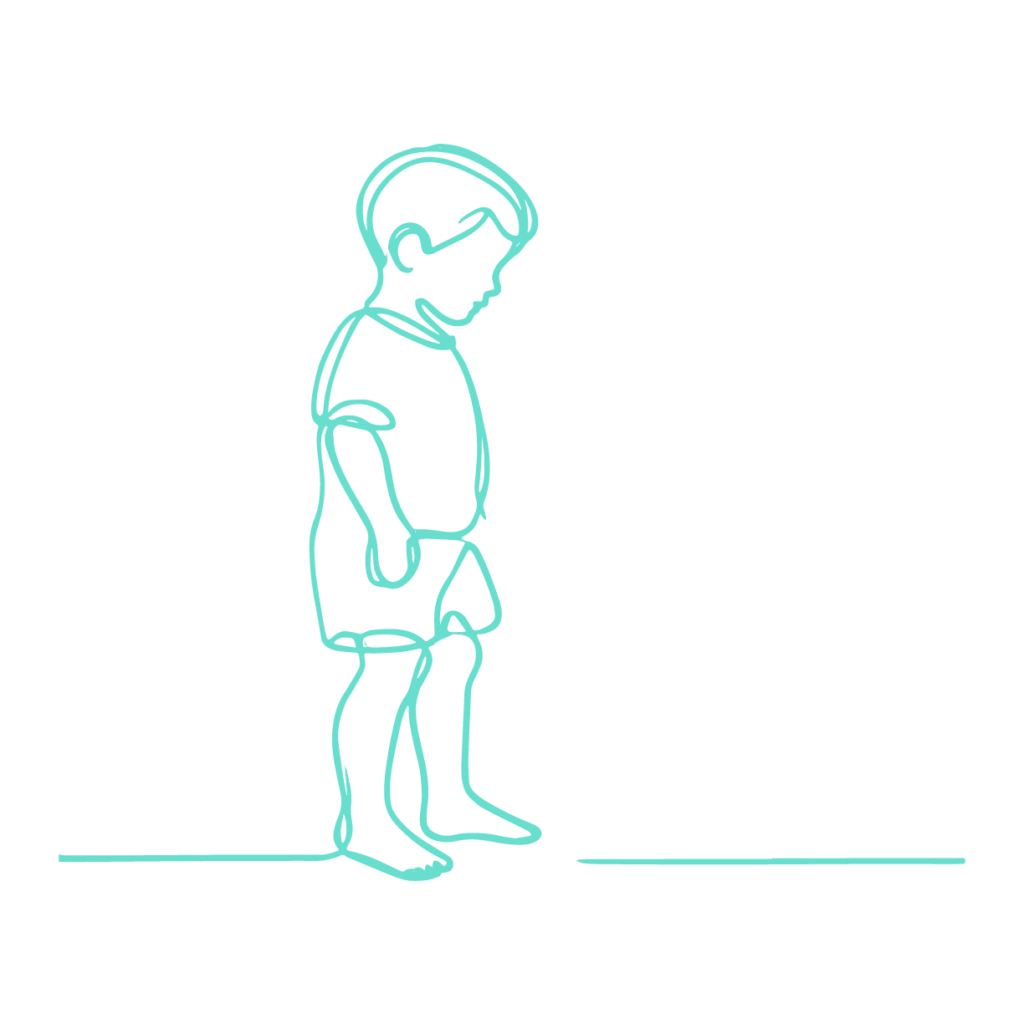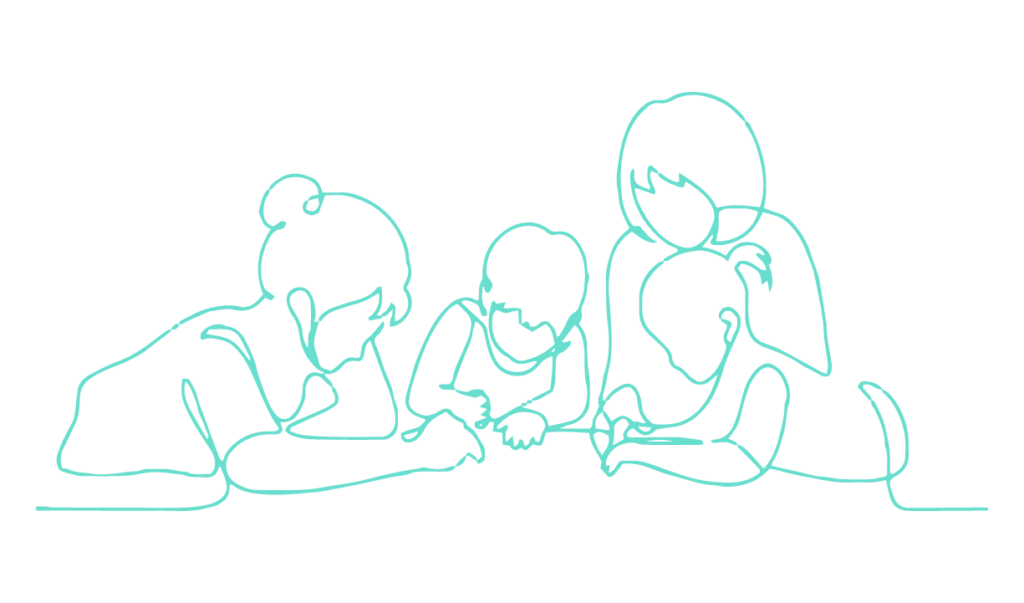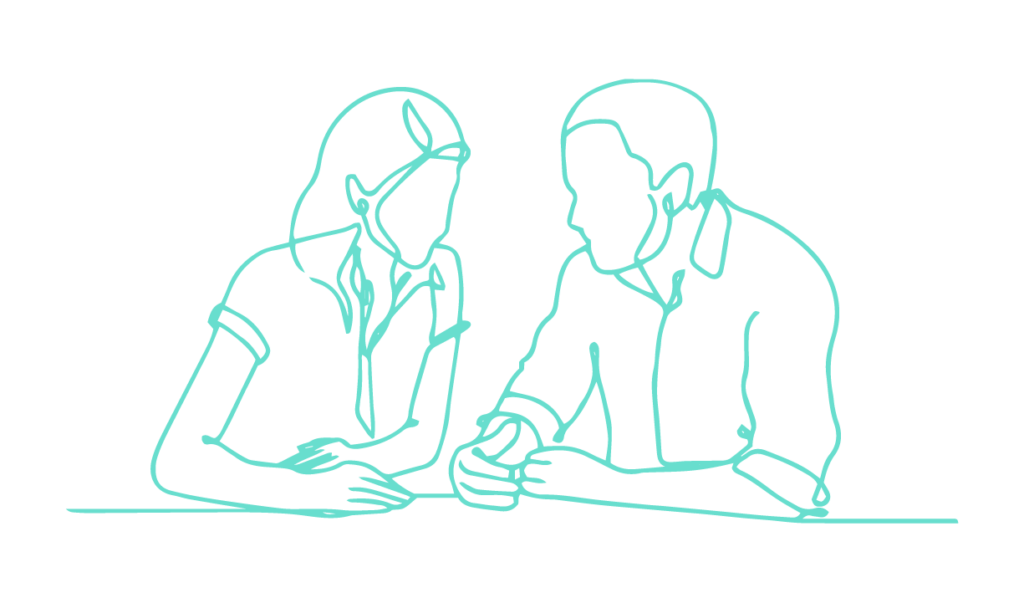Adults

Adults
I'm passionate about supporting my clients to lead satisfying, healthy, and purposeful lives. I primarily support clients with regards to anxiety, depression, relationship challenges, social fear, ADHD, phobias, and navigating big life transitions. I also work with clients who are doing well, but feel that consistent space for reflection will help make their lives meaningful.
I see each client as unique and work to understand how your inner thoughts and beliefs interplay with your individual life circumstances. We'll collaboratively create goals and strategies to meet those goals, and you'll gain tools to skillfully navigate challenges.
Elementary School Aged Kids
Therapy can help elementary school aged children develop more self-awareness, increase their self-regulation skills, and positively impact their self-esteem. It also frequently improves social, emotional, and behavioral functioning at home and in school.
Elementary-aged children experience a wide range of developmental stages. While some are able to engage in traditional 'talk therapy' similarly to adults, others may require more creative and indirect approaches. I blend cognitive behavioral therapy (CBT) with play therapy to help children gain self-awareness, resolve internal conflicts, and articulate their inner experiences. Additionally, I incorporate mindfulness techniques and emotional regulation tools, tailoring them to each child's developmental level for age-appropriate support
In almost all cases, I meet with caregivers outside of the regular session once a month to discuss what's happening at home and collaborate on parenting strategies. Additionally, attendance at the beginning of sessions for 5-10 minutes by at least one caregiver facilitates the most effective therapy.
Elementary School Aged Kids

Middle Schoolers

Middle Schoolers
As kids enter adolescence, they start spending more time with their peers and accelerate forming identities outside their family. In today's world, they're also navigating the complexity of technology and social media in addition to academic pressure and a growing awareness of the stressors of the outside world.
I provide a space for them to talk about their thoughts and feelings. For this age group, we often focus on managing stress and social dynamics, building self-esteem, and developing a positive self-identity.
In most cases, I meet with caregivers outside of the regular session once a month to discuss what's happening at home and collaborate on parenting strategies. I also may suggest a conjoint caregiver-child session when indicated.
Teens
Teens are navigating all of the complexities of middle school – friends, academics, technology, and forming their identity – while also adding to the mix dating, experimentation with substances, and an increased desire for autonomy.
Families are commonly challenged by their teen, worried about their emotional well-being and physical safety, but not able to connect them in the same ways they're used to.
I create a nonjudgmental container that supports them to explore the topics that are most alive for them. Having someone they can confide in, who is outside of their everyday life, is often extremely helpful.
I meet with caregivers before my first meeting with your teen. After that, I may suggest a conjoint caregiver-child session when indicated.
Teens

Families

Families
Working with an entire family conjointly is one of the most effective ways to improve family dynamics. Rather than simply talking about challenges, we can work on communication and relational patterns while in session.
Better understanding the roles each member takes on (intentionally or unintentionally) and the corresponding behaviors allows for opportunities to do things differently. Additionally, families are always evolving and going through major transitions together. Putting time and attention into addressing ever-changing family dynamics can make a huge difference in familial satisfaction.
Couples
Relationships are hard. Intimacy brings up dysfunctional patterns in a way that nothing else can. The vast majority of people didn't have good models for communication, conflict, or healthy relationships and having relational conflict can be overwhelming. It can be tough to even know how to begin to reduce tension and heal wounds.
The way I work with couples is influenced by Emotionally Focused Therapy (EFT) and the Gottman Method, both structured approaches to couples therapy proven to help relational distress.
The EFT framework starts by deescalating and identifying negative interaction patterns. Next, we change behaviors and communication styles to address underlying issues. Finally, we integrate and solidify these improvements.
The Gottman method emphasizes positive acts to build connection and a meaningful relationship. Gottman has a theory of Sound Relationships, and uses the metaphor of a house to teach couples to attend to important areas of a relationship.
I work with all couples, and I also have expertise working with nonmonogamous couples and those contemplating nontraditional relationship structures
Couples

Set up a free 15 minute video call using any of these contact methods
415-295-5084 (text or call)

